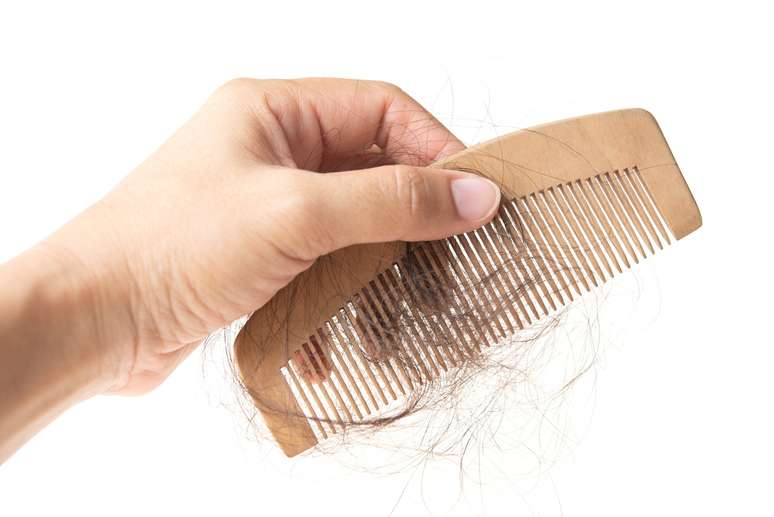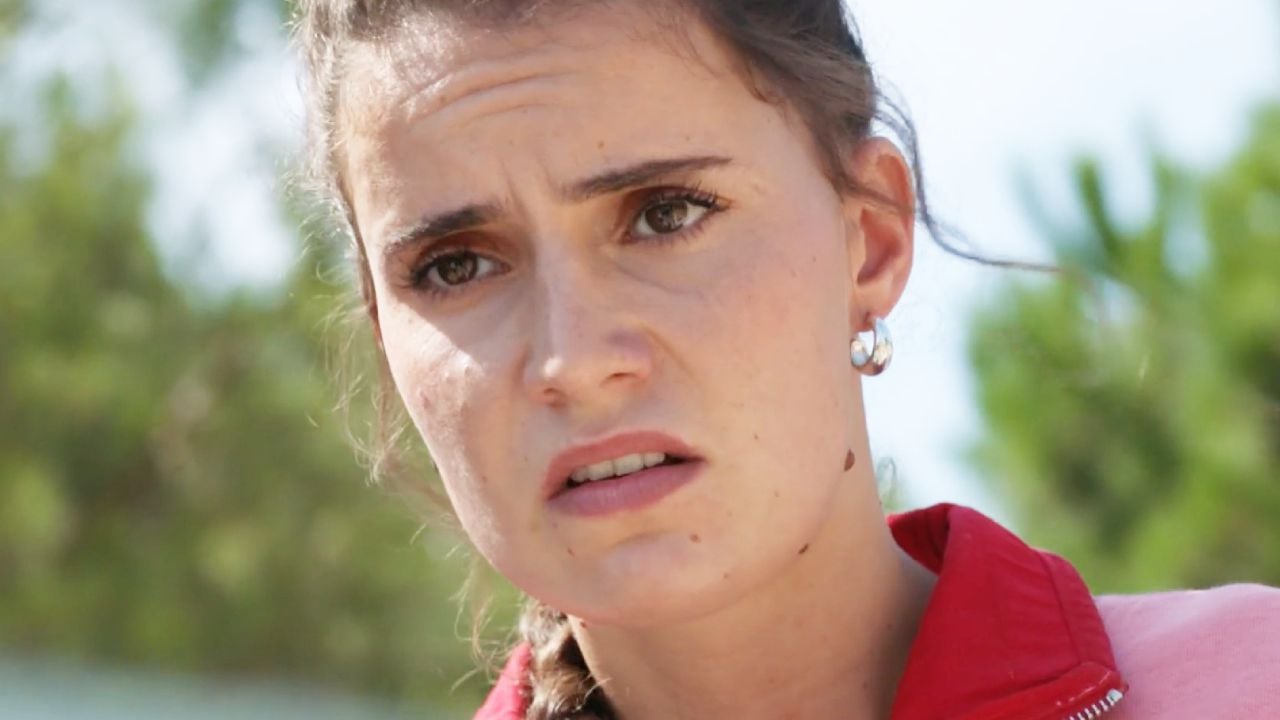Several factors can cause hair loss; see the main ones
Many people get desperate when they see lots of hair piled up on their brush or in the sink. On some occasions, this decline can be temporary and related to several factors, as you can see below.
If the problem seems serious, and has been occurring for a long time, it is essential to consult a doctor, preferably a dermatologist.
Below you will find a list of possible causes of hair loss and some tips on how to deal with the situation.
1-Use of some medicines
Take another look at the side effects of the medications you’re taking: hair loss might be on the list. For example: anticoagulants, acne medicines rich in vitamin A, contraceptives, anabolic steroids or medicines for arthritis, depression, gout, heart problems or hypertension.
2-Postpartum
When you are pregnant your hormones prevent your hair from falling out as often as it normally would. This makes it look thicker and lush. However, after giving birth, you lose excess hair as your hormones change again. Everything should balance out about three to six months later.
3-Iron deficiency
Iron helps keep hair healthy. As levels drop, your hair may also fall out. You’ll likely have other clues that low iron is responsible for hair loss, such as brittle nails, yellow or pale skin, shortness of breath, weakness, and a fast heartbeat.
4-Weight loss surgery
You’re more likely to deal with this post-surgery symptom if your zinc levels are low, but it’s common to lose a few strands after bariatric surgery. Your doctor may recommend a zinc supplement to help stop hair loss.
5-Stress
Sometimes, large doses of stress can cause the body’s immune system to activate and attack hair follicles. Too much worry and anxiety can also stunt hair growth, increasing the risk of it falling out when you brush your teeth.
6-Lack of proteins
A body short on protein finds a way to store it where it can, and that includes stopping hair growth. About two to three months later, the hair begins to fall out. Adding more meat, eggs, fish, nuts, seeds and beans to your meals can add more protein to your diet.
7-Inadequate care
Sometimes your styling routine is to blame if your hair starts to break or fall out. Using too much shampoo, brushing or combing your hair when it’s wet, rubbing your hair dry with a towel, or brushing too hard or too often can stress your strands and cause breakage. Two big causes of breakage include braids that are too tight and the weight they cause.
Excessive use of hairdryers, straighteners and curling irons dries out curls and also facilitates breakage and hair loss. Using bleaches, dyes, relaxers and hairsprays too frequently can do the same thing.
8-Health conditions
Hair loss is a symptom of more than 30 diseases, including polycystic ovary syndrome, ringworm of the scalp, thyroid disorders and autoimmune diseases. You can also lose hair when you have the flu, high fever, or another infection, such as Covid-19. Eating disorders that affect nutrient absorption, as well as psychiatric disorders that cause a person to pull or eat their own hair, can also be the cause of the problem and require specific treatment.
It’s worth remembering that your hair is not immune to the damage smoking can cause. Toxins in cigarette smoke can damage hair follicles and prevent hair from growing and staying on your head. Just one of many reasons to quit smoking.
9-Menopause
Changing hormones during menopause can increase hair loss. The problem should disappear after about six months. But if you notice hair growing or losing hair on the top and crown of your head, talk to your doctor. You may have a problem that can be treated.
Tips that help
According to dermatologist and trichologist Kédima Nassif, member of the Brazilian Society of Dermatology and the Brazilian Association of Hair Restoration, an unbalanced diet, for example, can cause weakening of hair and, consequently, intense hair loss.
“Nutrition has a direct impact on the condition of your hair, as it is responsible for providing nutrients for proper hair growth and strengthening. Therefore, it is essential to invest in a balanced diet during this period,” she says. If necessary, seek help from a nutrition professional.
In addition to diet, it is essential to try to manage stress levels. “This is because in moments of emotional tension we release cortisol, which, in the long term, can promote the onset of inflammatory conditions that prevent adequate hair growth. Studies have also shown that stress leads to the appearance of gray hair due of the release of norepinephrine, which can cause damage to the cells responsible for producing the pigment that gives color to the hair”, warns the trichologist.
Source: Terra
Ben Stock is a lifestyle journalist and author at Gossipify. He writes about topics such as health, wellness, travel, food and home decor. He provides practical advice and inspiration to improve well-being, keeps readers up to date with latest lifestyle news and trends, known for his engaging writing style, in-depth analysis and unique perspectives.









